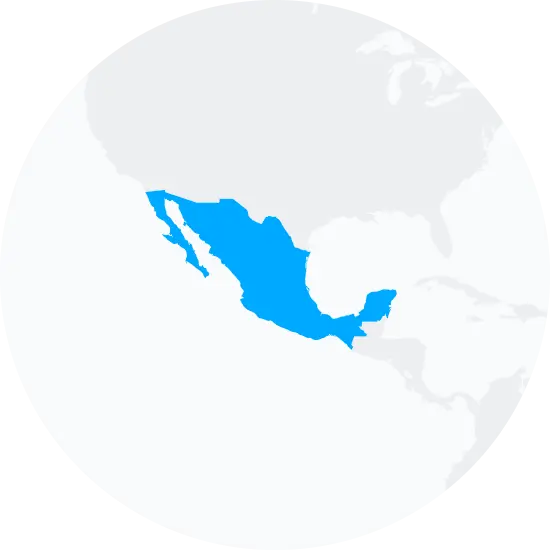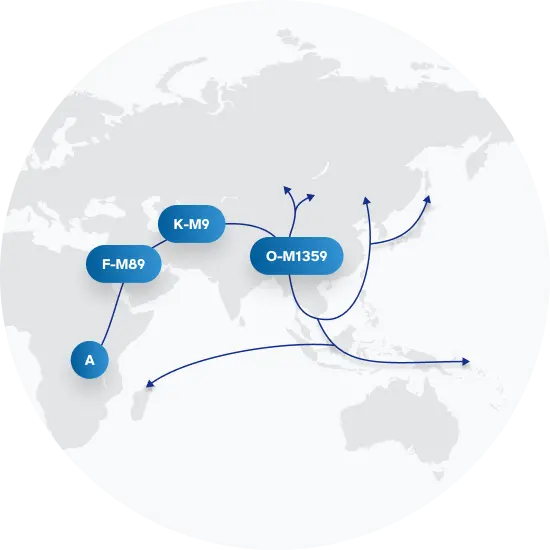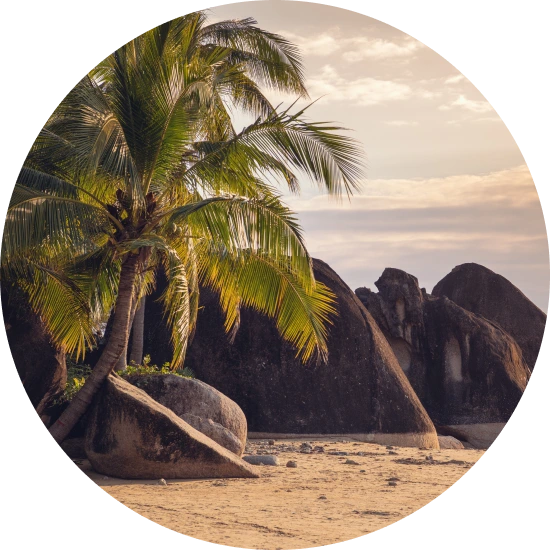Explore the Family Name Orona
How common is the last name Orona in the United States?
According to the Decennial U.S. Census, the popularity of the surname "Orona" increased between 2000 and 2010. In 2000, it ranked 6252 in popularity but rose to 5649 by 2010, marking a growth of 9.64%. The count of individuals bearing this surname also escalated from 5032 to 6145 during the same period, indicating an increase of 22.12%. Moreover, the proportion of people with this surname per 100k grew by 11.23% during these years.
| 2000 | 2010 | Change | |
|---|---|---|---|
| Rank | #6,252 | #5,649 | 9.64% |
| Count | 5,032 | 6,145 | 22.12% |
| Proportion per 100k | 1.87 | 2.08 | 11.23% |
Race and Ethnicity of people with the last name Orona
Analyzing the ethnicity data from the Decennial U.S. Census, the Orona surname exhibits diverse ethnic identities. The largest ethnic identity group is Hispanic, accounting for 87.74% in 2000 and increasing slightly to 89.06% in 2010. The White group showed a decrease from 10.12% to 8.90%. Interestingly, the percentage of those identifying as Asian/Pacific Islander grew by 47.73%, albeit from a small base of 0.44% in 2000. Those identifying as having two or more ethnic identities fell from 0.66% to 0.41%, while the Black identity group decreased from 0.42% to 0.29%. Lastly, the American Indian and Alaskan Native identity marginally increased from 0.64% to 0.68%.
| 2000 | 2010 | Change | |
|---|---|---|---|
| Hispanic | 87.74% | 89.06% | 1.5% |
| White | 10.12% | 8.9% | -12.06% |
| American Indian and Alaskan Native | 0.64% | 0.68% | 6.25% |
| Asian/Pacific Islander | 0.44% | 0.65% | 47.73% |
| Two or More Races | 0.66% | 0.41% | -37.88% |
| Black | 0.42% | 0.29% | -30.95% |
Orona ancestry composition
23andMe computes an ancestry breakdown for each customer. People may have ancestry from just one population or they may have ancestry from several populations. The most commonly-observed ancestry found in people with the surname Orona is Spanish & Portuguese, which comprises 33.3% of all ancestry found in people with the surname. The next two most common ancestries are Indigenous American (28.4%) and British & Irish (17.5%). Additional ancestries include French & German, Iranian, Caucasian & Mesopotamian, Senegambian & Guinean, Ashkenazi Jewish, and Scandinavian.
Ready to learn more about your ancestry? Get the most comprehensive ancestry breakdown on the market by taking our DNA test. Shop 23andMe
| ANCESTRY BREAKDOWN | COMPOSITION |
|---|---|
| Spanish & Portuguese | 33.3% |
| Indigenous American | 28.4% |
| British & Irish | 17.5% |
| Other | 20.8% |

Possible origins of the surname Orona
Your DNA provides clues about where your recent ancestors may have lived. Having many distant relatives in the same location suggests that you may all share common ancestry there. Locations with many distant relatives can also be places where people have migrated recently, such as large cities. If a large number of individuals who share your surname have distant relatives in a specific area, it could indicate a connection between your surname and that location, stemming from either recent ancestral ties or migration.
Based on 23andMe data, people with last name Orona have recent ancestry locations all within Mexico.
| RECENT ANCESTRY Location | Percentage |
|---|---|
| Aguascalientes, Mexico | 72.90% |
| Jalisco, Mexico | 72.90% |
| State Of Mexico, Mexico | 72.90% |
| Sonora, Mexico | 72.90% |
| Sinaloa, Mexico | 72.90% |
What Orona haplogroups can tell you
Haplogroups are genetic population groups that share a common ancestor on either your paternal or maternal line. These paternal and maternal haplogroups shed light on your genetic ancestry and help tell the story of your family.
The top paternal haplogroup of people with the surname Orona is O-F2415, which is predominantly found among people with East Asian & Indigenous American ancestry. Haplogroup O-F2415 is descended from haplogroup O-M1359. Other common haplogroups include E-M183 and O-F2859, which are predominantly found among people with European and East Asian & Indigenous American ancestry.
The most common maternal haplogroups of people with Orona surname are: A2, H1, H. These most commonly trace back to individuals of European ancestry.
 Paternal Haplogroup Origins O-M1359
Paternal Haplogroup Origins O-M1359
Your paternal lineage may be linked to the Cham
One of the many populations harboring members of haplogroup O1b1a1a1a1 is the Cham ethnic group, a group of people who speak Austronesian languages in Mainland Southeast Asia. Austronesian languages make up a language family that is extremely large and widespread, comprising over 350 million people on islands such as Madagascar, Easter Island, and many others. However, Austronesian languages are less common on mainland Asia, with a notable exception being the Chamic language. Research suggests that ancestors of the Cham people migrated from Southeast Asian islands to the mainland around the year 500 BCE, and that early Cham populations quickly began mixing with indigenous southern Vietnamese populations. As a result, the Chamic language now has words that were borrowed from languages spoken by indigenous Vietnamese people. It is likely that an ancestral Kinh population was one of the populations that mixed with the Cham people shortly after their migration to mainland Asia.
Your maternal lineage may be linked to some of the first Americans
Though the Ice Age was beginning to retreat when your A2 ancestors first entered North America, there were still massive barriers blocking their way. Glaciers and inhospitable climate covered much of the continent, blocking entry into the interior. Nonetheless, researchers have found evidence that a wave of American founders migrated over 13,000 kilometers to reach southern Chile in only 2,000 years, a blink of an eye in the story of human migration! Their highway to the south was the coast of the Pacific, stocked with fish, diverse marine mammals, and other valuable resources in the rich kelp forests of the upper latitudes and in the abundant fresh-water rivers near the equator. Because of this rapid movement south, the A2 haplogroup and its diverse branches are found throughout North and South America.

What do people with the surname Orona have in common?
Spoiler alert: it's complicated. People with the same last name are usually no more genetically similar than a randomly sampled group of people from the same population. That said, people with the same surname are more likely to have similar ancestries than randomly sampled individuals. The reason is the tendency of people with similar cultural or geographical backgrounds to preferentially mate with one another. That's why people who share a surname may be more likely to share traits and tendencies in common than people within the general population. Check out the percentages below to see the prevalences of tastes, habits, and traits of people with your surname compared with prevalences among 23andMe users.
Preferences
Traits
Habits
Wellness

Migraine
A severe headache characterized by intense pain, sensitivity to light and sound, and often accompanied by nausea and vomiting.
"Orona" Surname 17.1%
23andMe Users 16.4%
Are health conditions linked to the last name Orona?
The short answer is that, if there is an association between surname and health, it's usually more about your ancestry than your name. Individuals with a given surname are no more genetically similar than the general population but often have similar ancestries. The populations of people associated with those shared ancestries often have sets of genetic variations, also known as alleles, in common. Some of those alleles are associated with a greater likelihood of developing certain diseases.
Disease variant frequency by ancestry
Disease allele frequencies in populations associated with the surname Orona are shown below. Important Note: not everyone with a disease allele will develop these health condition









